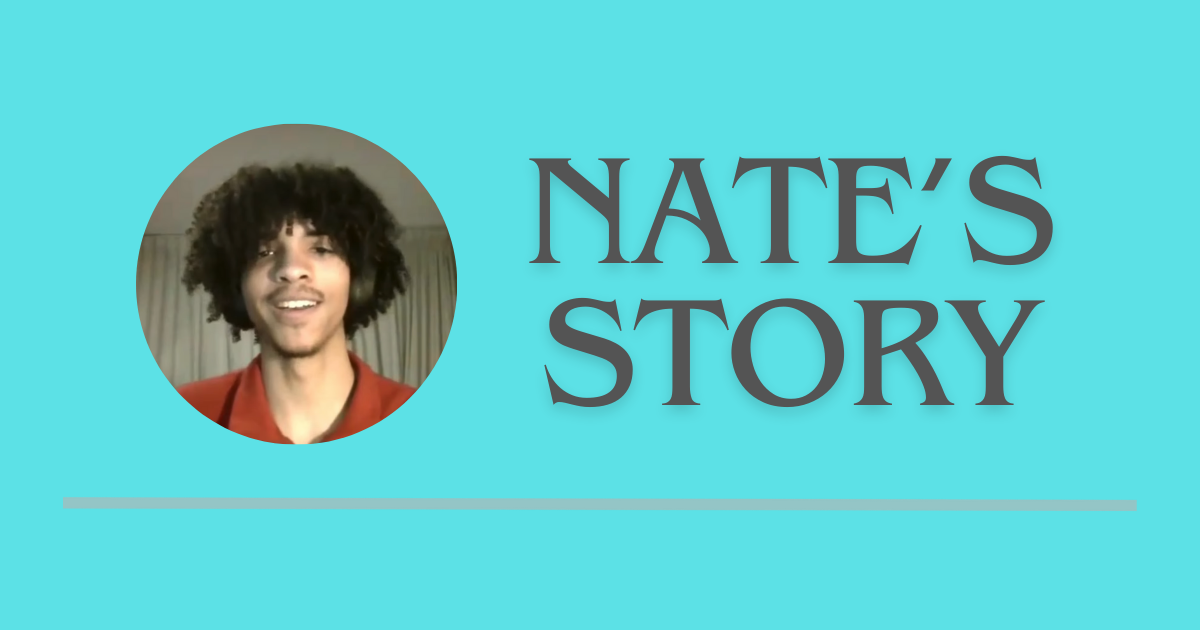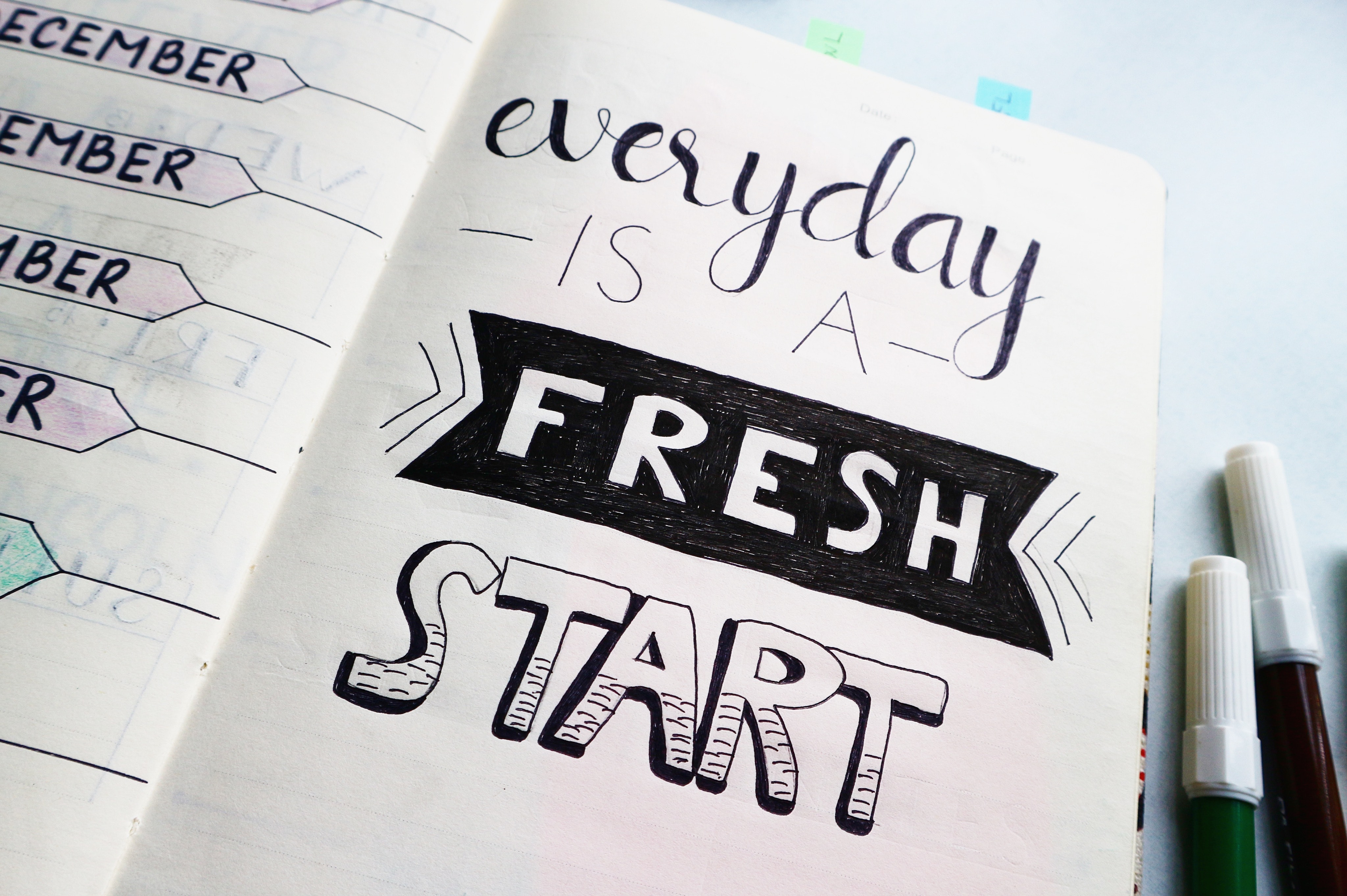
If your kid is like most teens we work with, they don’t love homework. They think it’s boring or hard or irrelevant.
It’s something they have to do, a chore to get out of the way before they can go do what they actually want to do. A lot of students spend years – sometimes their whole academic careers – hating homework. Procrastinating. Beating themselves up for procrastinating. Getting 0’s rather than completing and submitting something. Professing how much they can’t focus and it’s stupid. Fighting with Mom and Dad. All because they have to do a few tasks for school, outside of school. The horror.

This happens because they’re focused on what they’re being taught. All things considered, what they’re being taught doesn’t matter for the long-term. They’re usually right when they say they’re never going to have to use this stuff.
When they’re doing homework right, the focus is on how they’re learning. It’s not about their subjects or teachers or the essay or the test. It’s about THEM. It’s about how they’re learning and who they’re showing up as.
Homework is not about the homework itself; it’s a vehicle for growth. Every assignment and every test is a chance to practice their skills and evolve into the kind of person they want to be (or explore and better understand the kind of person they don’t want to be…like a defeatist who gives up at the first sign of challenge).
But guess what? Most students don’t know what their skills are or how to practice them.

What’s critical thinking, executive functioning, metacognition? How do time management and focus go hand in hand? (yes, the ability to focus is a skill, an especially important one for our kids with ADD to build). What’s resourcefulness or intellectual humility and how can we motivate ourselves to practice them?
^ask your child. I can about guarantee they can’t articulate what their core skills are, let alone how specifically to strengthen them using their homework.
The good news: there’s a super simple framework that any student can use to shift from focusing on the ‘what’ to the ‘how’, from viewing homework as a pain to a means of actually learning and skill-building while getting better grades and feeling smarter and more confident.
First: never, EVER just sit down and start doing homework. This is the worst way to do school. It reinforces consuming information or merely completing assignments over building skills or constructing comprehension.
Side bar: most students don’t even realize they have to work – sometimes hard – to actually learn what they’re being taught. They have a binary view that they either ‘get something’ or don’t, not realizing that understanding – learning – doesn’t just materialize because someone has told them something.

Anyway – if your child is sitting down to do their homework and dives into it right away, they’re doing it wrong.
There’s a three step daily routine to shift out of the ‘doing homework to get it done’ mentality and into the ‘learning / building life skills and confidence’ mentality:
- Check. For each class, what specifically is overdue or coming up due?
- Plan. For each class, plan the completion of overdue and upcoming work in your calendar. Not just deadlines plugged in, but scoping how long the work will take in total and plugging in specific times for when you’ll do it.
- Do. Now that they’ve Checked + Planned, they’re ready to do the work. Actually doing the work comes last.
Focusing on the process of learning, of how they’re managing (checking and planning) and engaging in (doing) their different subjects activates your child’s intellect and skills.
Learning > doing transforms their relationship with school, learning and themselves.
This is when we start to see more autonomy, more motivation, more curiosity about what they’re actually capable of.

The Check – Plan – Do – is literally the first strategy we teach our students because it’s nothing short of life changing, even and especially for students who have struggled for years.
If your teen is ready to hate homework (or school in general) less, and if you want help implementing this strategy into your home, we’re here to help. You don’t have to try to go at it alone. Book your free 1:1 Learning Skills Assessment with my team here so we can get you both clear on how exactly they can do their homework with greater joy and ease, starting today.
Kelsey




